

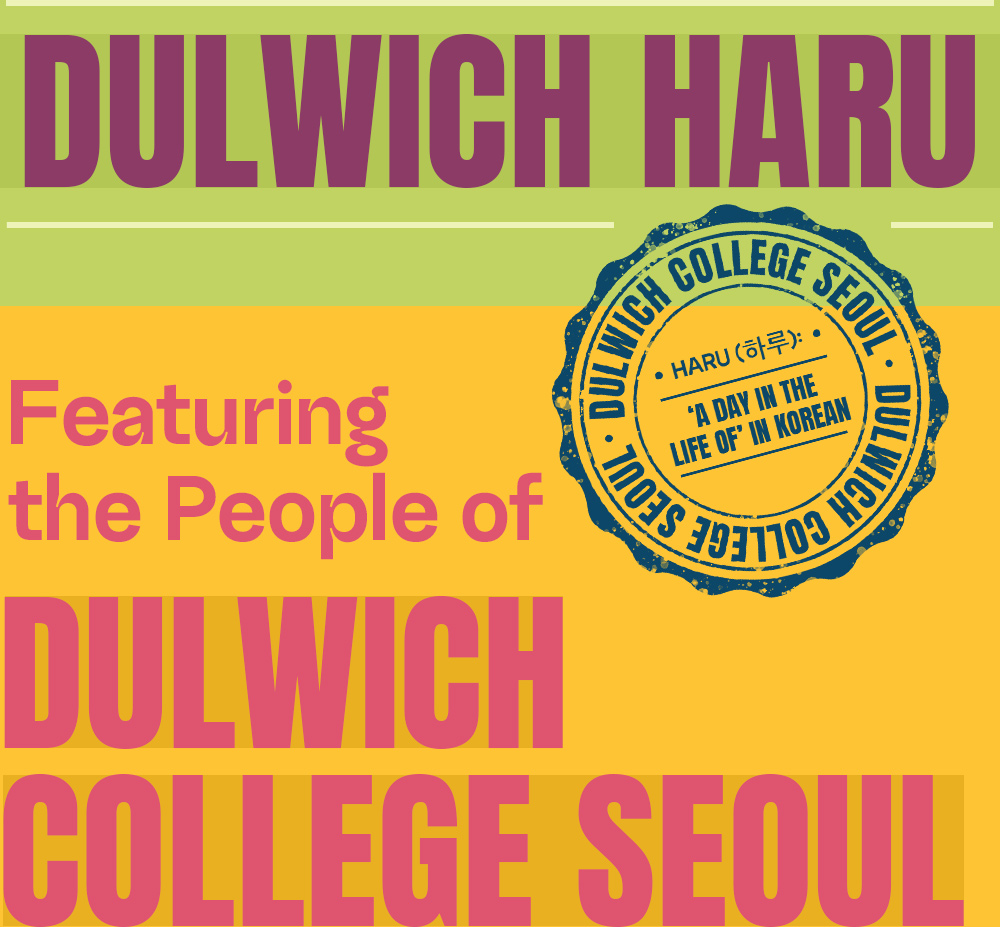
IN THIS EDITION
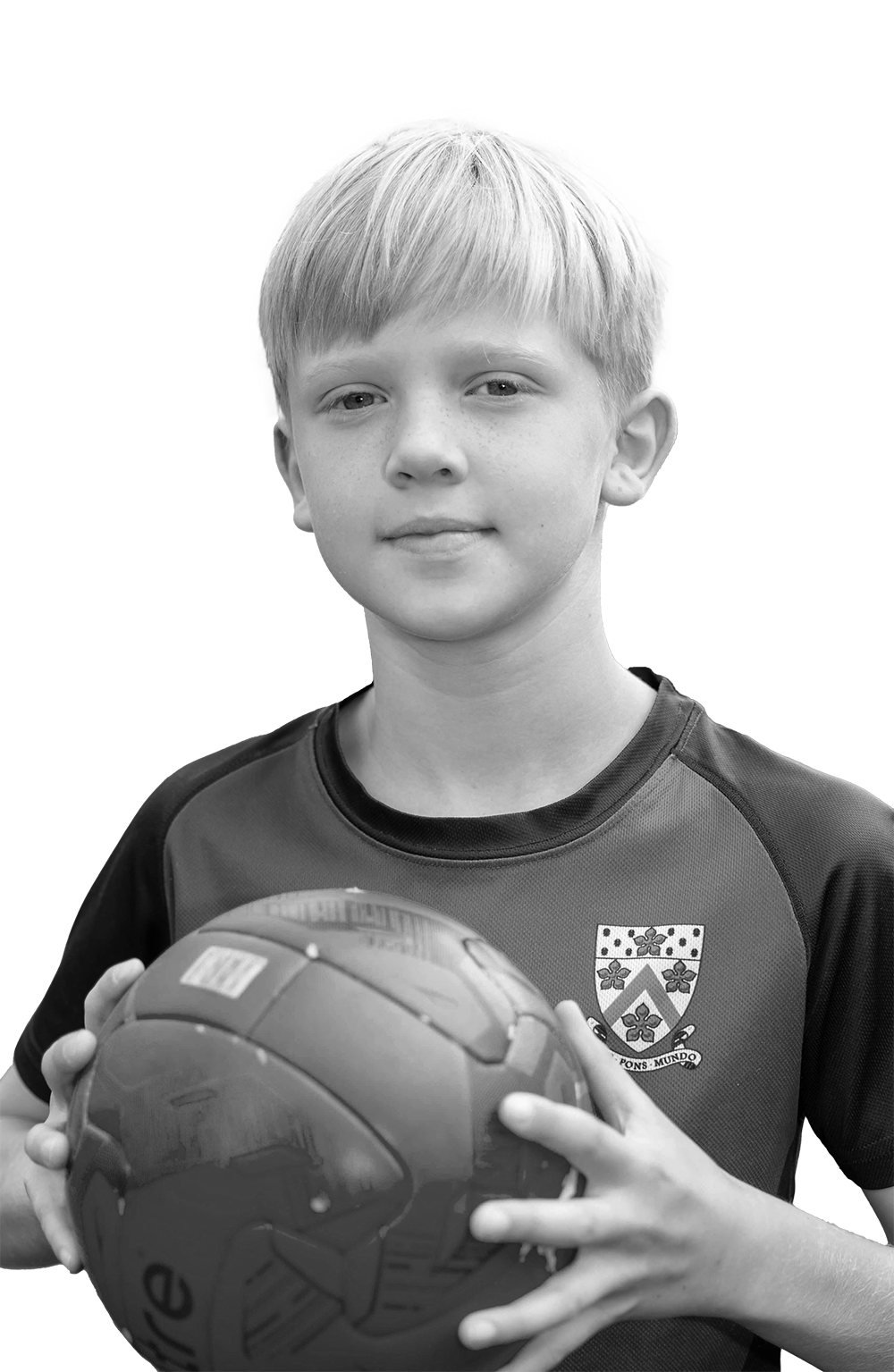
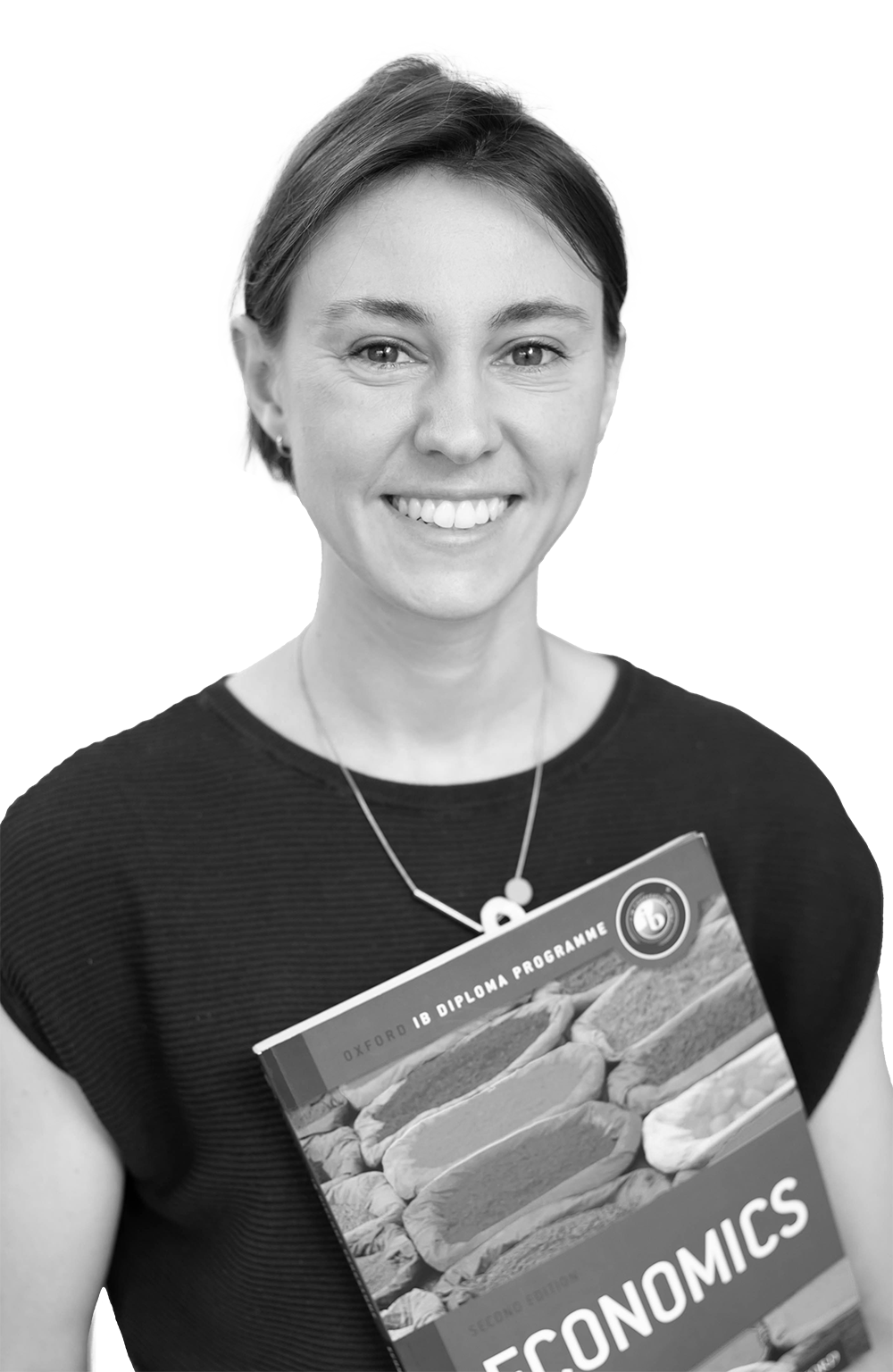
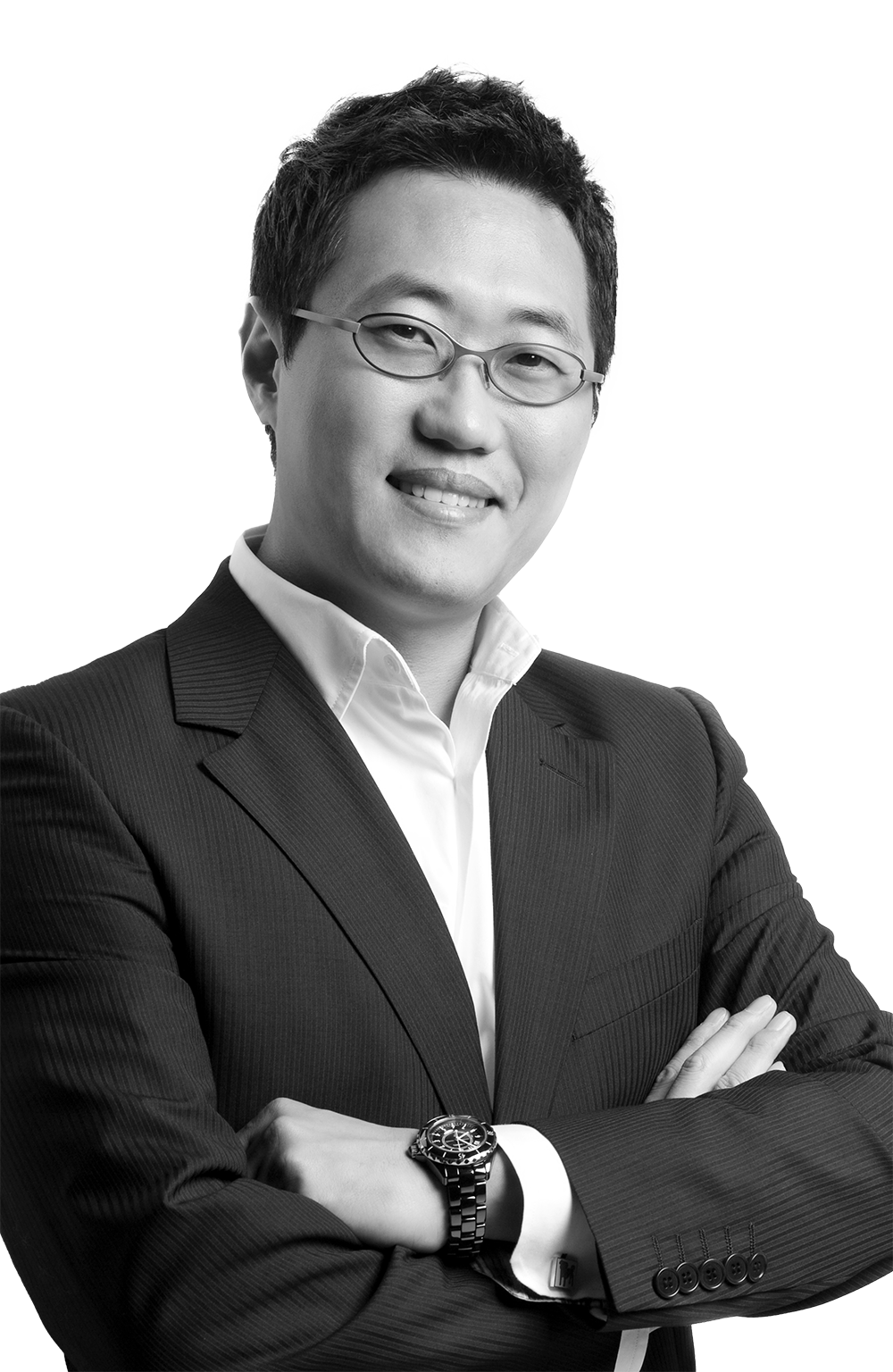
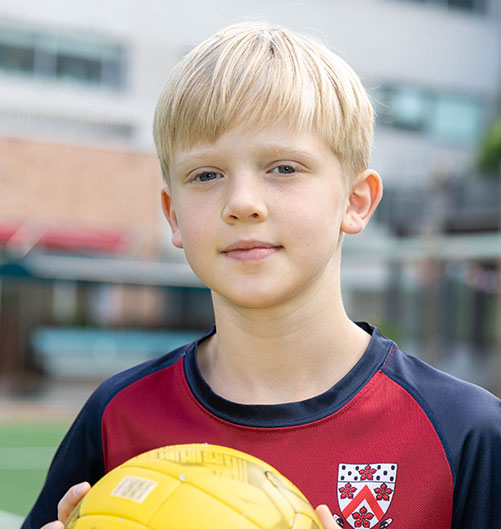
My name is Vitus, and I am in Year 5. I joined Dulwich College Seoul in Year 3, so that was two and a half years ago. I came to Korea from Taiwan, but I am originally from Denmark.
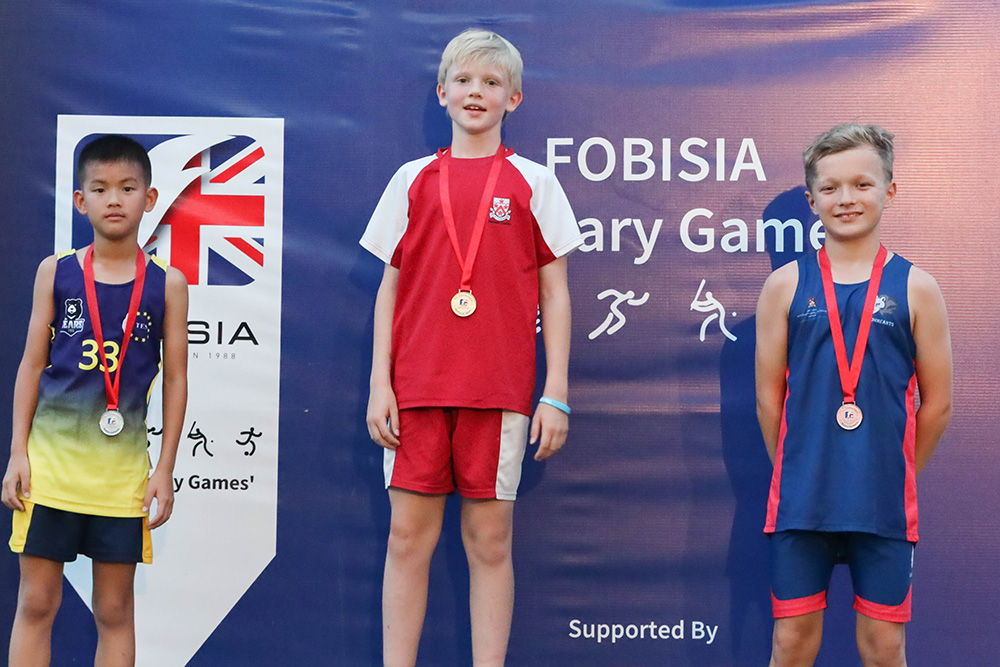
My mum used to work at the university and helped the students. My dad has been working with offshore windmills and wind farms, helping with climate change. He even did a presentation at our school assembly. I have a brother in Year 8, and his name is Oscar. I also have a sister in Year 9 named Solmar. My sister just got back from Ignite: Switzerland and she told me she had a great time.
One of my special memories is from the Songdo 7s football tournament. We took a bus to Chadwick and played a tournament with lots of different schools like KIS, SFS, and many more. We came out fourth out of about seven schools. My favourite part of the event was that I had so much fun with my friends, playing football, which is my favourite sport. I love football because it’s fun to be in a team and score goals. It’s also a great opportunity to travel to other places.
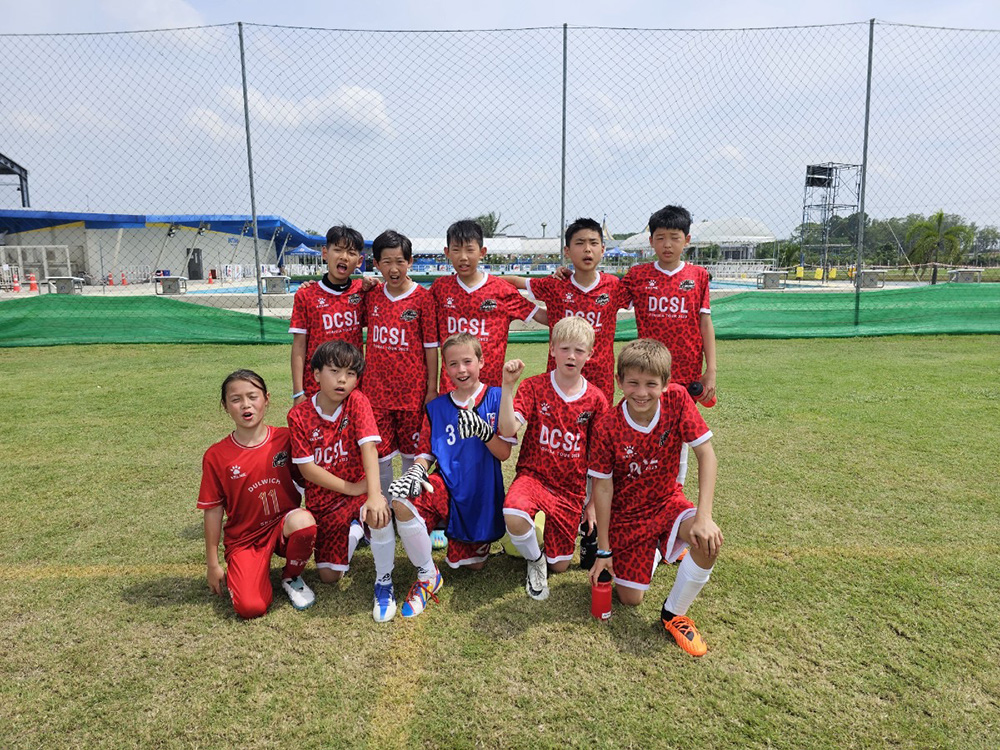
Everybody is really nice and welcoming, creating a kind community. Everything feels new to me, so it’s exciting, especially since the food is different. Also, my favourite thing about this school is taking part in competitive sports competitions because I am a big fan of sports, and it’s my passion.
Physical Education (PE) is my favourite subject. Right now, we are practising for FOBISIA [a sporting competition run by the Federation of British International Schools In Asia]. I enjoy art; I like being creative and exploring new types of drawings. I also like learning about the history of Korea. We try to recreate important aspects of Korean history by drawing them.
Ms Backhouse was always kind to us. I remember that she made up this game called ‘silent ball.’ We would sit at our tables and throw a bean bag into each other’s hands, and the last person left would win. She always gave me a lot of support when I needed it.
Charlie and the Chocolate Factory or Diary of a Wimpy Kid. I really like the Diary of a Wimpy Kid series, and my favourite in the series is Meltdown because it is about winter, and I really like snow.
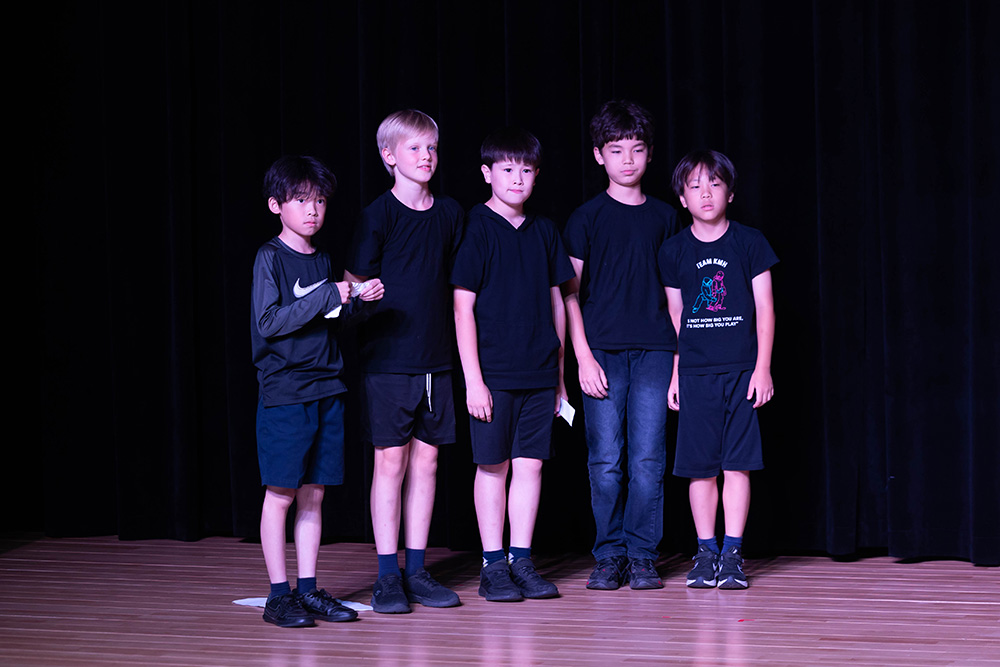
To me, a ‘Global Citizen’ is someone who helps everybody, contributes to the world, and tries to make it a better place by being kind, helpful, and knowledgeable.
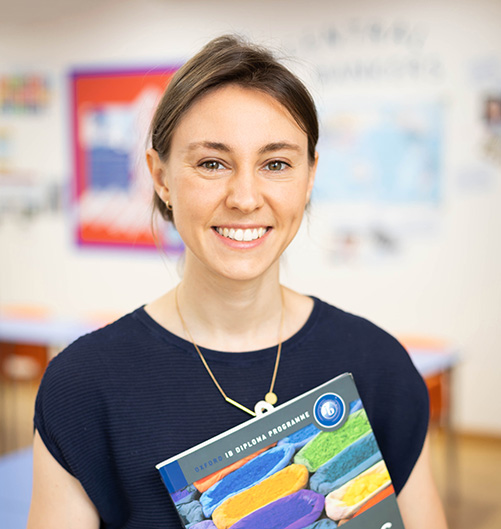
I am from the UK, and I’ve lived in quite a few different countries. I lived in the US when I was younger. Before this, I lived in Taiwan and now we’re in Seoul. But I still say I’m very British, at heart. I moved here about a year and a half ago with my husband who works at the British Embassy and our son who is three and goes to a local daycare.
I didn’t have any exposure to economics until I started studying at Oxford University. Before that, I had a strong interest in politics and was an avid debater. Participating in competitive debates exposed me to various current affairs topics, including economics, and piqued my curiosity. It was then that I decided to pursue a degree in PPE, which focuses on politics, philosophy, and economics, a popular choice among debaters. Initially, I thought my primary interests would lie in politics and philosophy, but I soon discovered my passion for economics during my first year, which led me to specialise in politics and economics in my final year. That is how I got into economics.
I didn’t always know that I wanted to be a teacher. I actually got into teaching through the Teach First program. I taught in a challenging inner-city school in Northwest London, specifically in Wembley. The Teach First program is a great way to train as a teacher because you are thrown into a challenging environment and inspire students to learn.
I think having a love for your subject is really important, especially in those sorts of contexts where students may not have been exposed to people who are passionate about their academic subjects. Seeing someone who truly loves their subject can be inspiring for students. It was through this experience that I fell in love with teaching and have enjoyed it ever since.
Antonia with her students at the IB Induction Day.
I taught at Dulwich College London for a year from 2012 to 2013. At Dulwich College London, the school’s rich history is ingrained so deeply that it’s impossible to ignore the stories that have shaped it. For instance, the school has Shackleton’s actual boat, which students walk past while moving between classes or on their way to morning registration. The institution’s historical setting gives it a scholarly atmosphere that instils a sense of pride in students from the start.
Antonia holding a discussion with her class about International Women's Day.
One of the best techniques is to surround yourself with lots of sources, such as listening to people debating ideas and finding high-quality podcasts or radio shows that analyse current affairs. By listening to these sources regularly, you can develop the language of debate and learn how to constructively disagree with others while making forceful arguments without being rude. Exposing yourself to verbal forms of debate, rather than just written forms, will help you become a skilled debater.
Encouraging listening is key when it comes to supporting children in developing a deeper understanding of economics. The best way to encourage is to model it. Parents can initiate family discussions about economics during meal times to encourage everyone to share their opinions and ideas. It’s important to show that anyone can talk about economics, not just those who study the subject. Additionally, having a copy of The Economist around the house can be a helpful resource as it provides access to high-quality economic news and analysis.
A fundamental understanding of economics is essential for literacy in the world and understanding the world around us. Studying economics gives students the ability to provide critical answers to questions that are fundamentally important for the future. These questions include: what degree of inequality should we tolerate? Should we regulate financial institutions more? Should we regulate AI? In terms of environmental protection, studying economics allows us to explore international actions to tackle climate change, empowering students with the knowledge of what can be done and the systems that can be used to address these issues. This knowledge may help ease anxieties about the future.
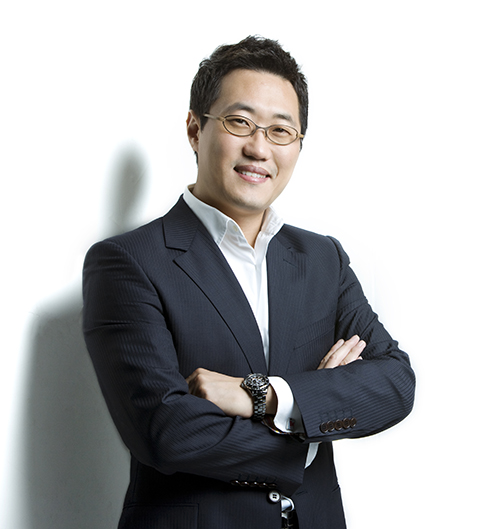
I was born in Korea and immigrated to New York City at the age of 16. I became a chiropractor and ran a pain management clinic in New York. I came to Korea with my family in 2005 thinking I’d only be here for two to three years. I’ve been here ever since! I run a pain management clinic in Seoul, where we’re currently treating the cast of the musical, Chicago.
When the school opened in 2010, we were searching for a good school for my son Victor (his sister, Claire, was 4 and not old enough to join the Year 1 class). Coming from the US, we had no idea about the British education system but we learned about the programmes and enrolled him. The school building hadn’t even been completed yet!
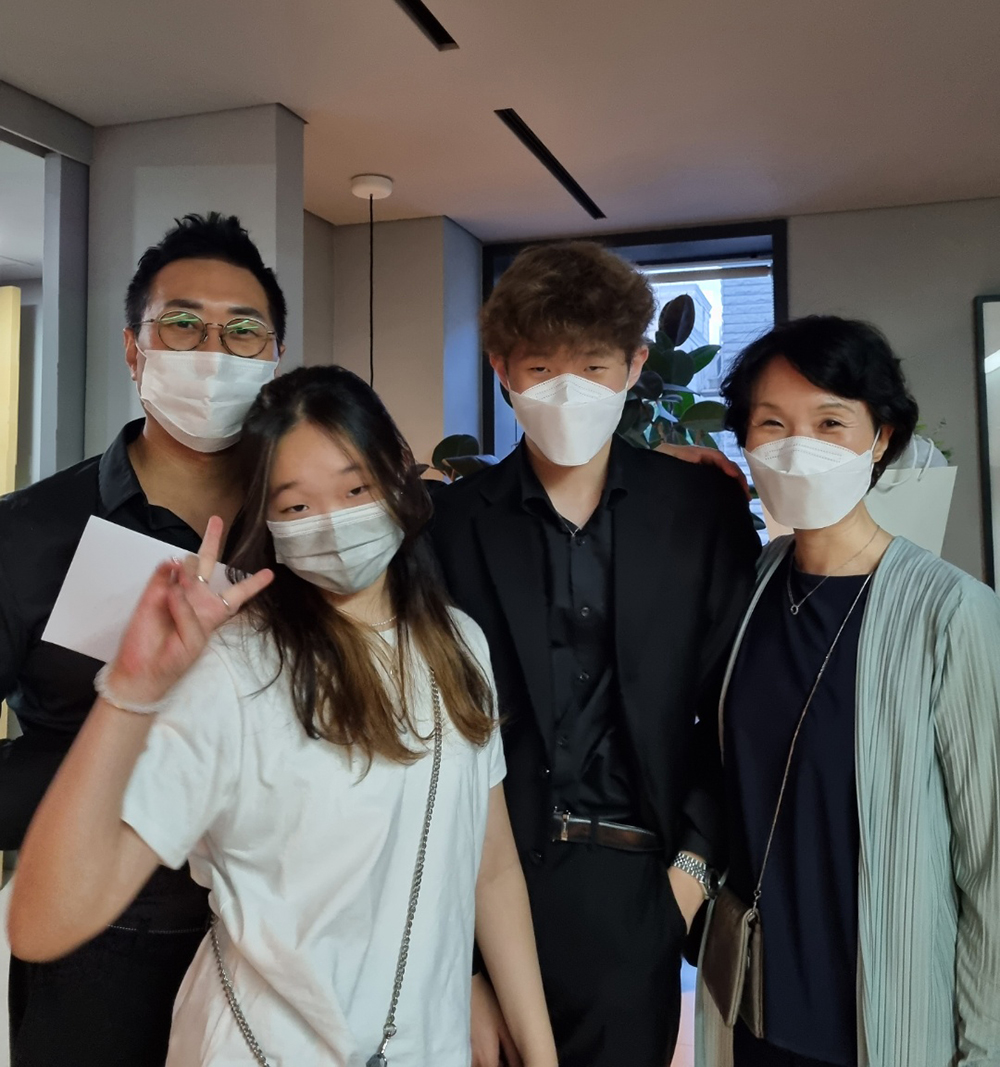
Teachers are very attentive to each student here. They find the skills within the students. We knew Claire liked reading and writing. She got positive comments about her writing skills. But we didn’t know about her math skills until the teachers drew them out of her. The same goes for economics and mandarin. Claire was very introverted before and her teacher brought out her spirit and she is now very confident in speaking out in class. She doesn’t yet know what she wants to do with her life but she is in a position to do whatever she chooses to do.
For my older son, Victor, who’s now in college studying contemporary music composition, he told me that he felt so ready to take the challenge of school, especially thanks to the research and writing skills learned here. Honestly, I myself wasn’t really ready when I went to college. It was a huge challenge for me to get through the programme. But Victor is doing well and more than anything, he has the confidence to face the challenges in university thanks to his time at Dulwich. He’s a well-rounded person. It’s not all about academics but it’s also about interpersonal skills.
In the beginning, we weren’t so sure about Dulwich and the British system. To be honest, we weren’t even sure we wanted to go through the whole programme. But as years went by, we became more confident about the whole IB programme. We became so confident that whenever anyone asked about schools, Dulwich was always on the top of my list. We grew more confident when we saw our children’s progress in subjects, how their personalities blossomed and the whole school environment. Some of the teachers also came to my clinic for personal reasons and I can see them in their “non-teacher mode.” The faculty at Dulwich is clearly a meticulously selected and elite group, which sets them apart from other international schools. I could tell the difference. Most of my patients and clients are expats. Many also have children at different international schools. I get feedback from parents about schools and Dulwich parents are super happy. I indirectly survey them!

Get involved with teachers. Have faith and trust in the faculty. Follow their guidance. Teachers guide parents and students well. The staff at Dulwich are very nice, from the front desk to everyone I’ve interacted with. I haven’t found a single person I wasn’t happy with.
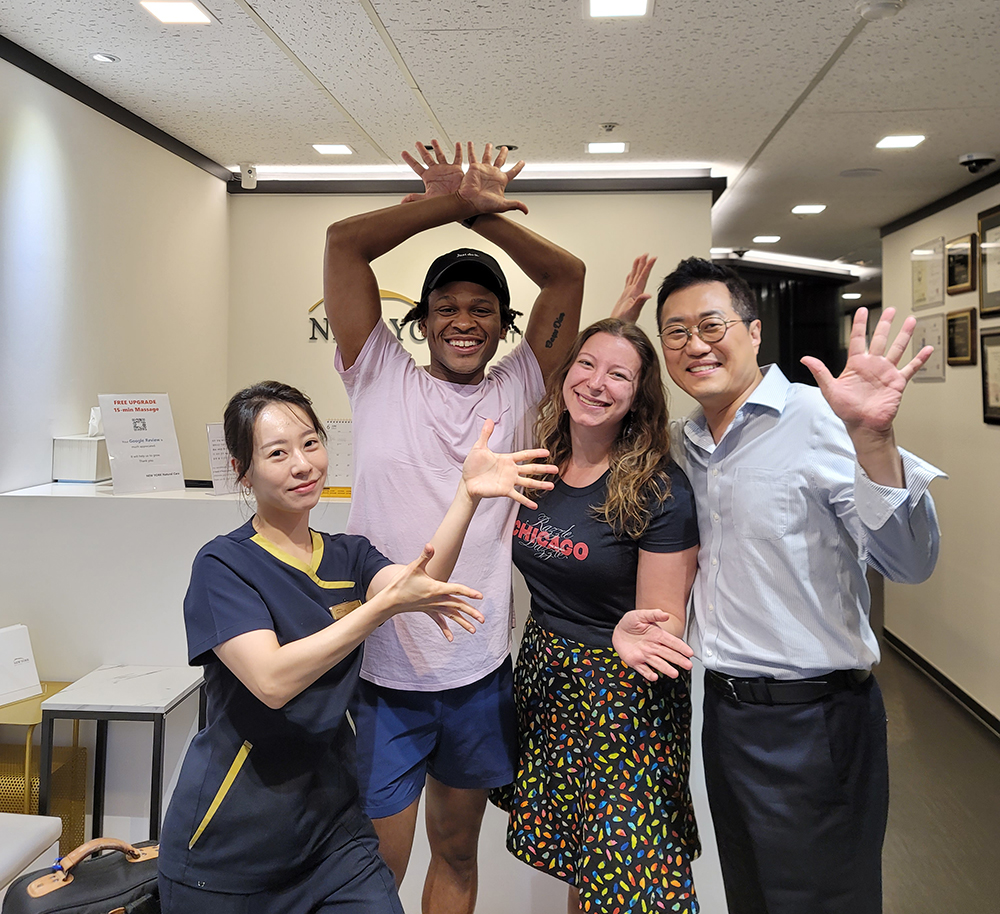
UPCOMING EVENTS
